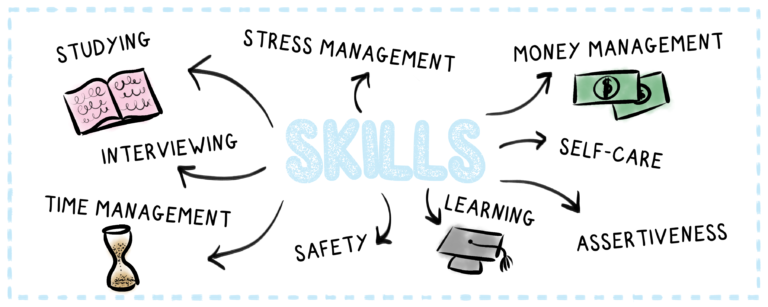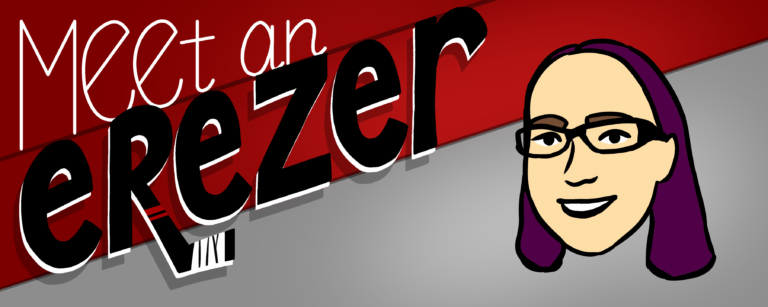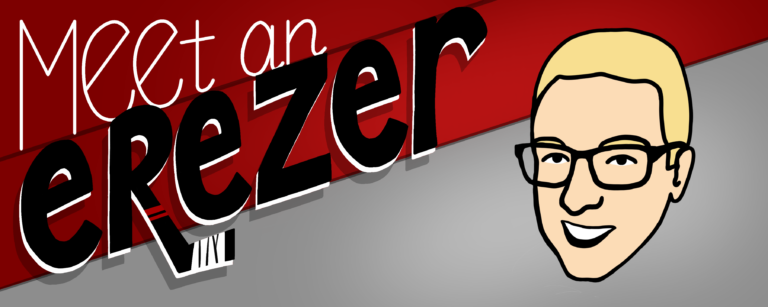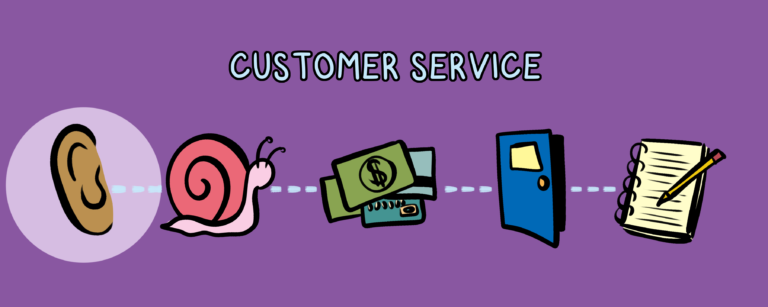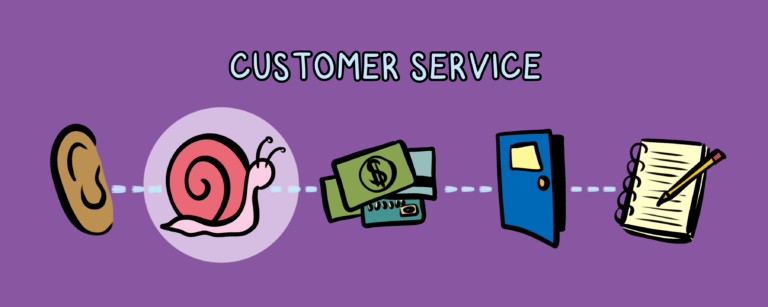Oh hey! Welcome to the community!
Our recruitment and selection processes need to align with our hiring goals. In a previous post, we discussed coordinated staff development as aligning all areas of recruitment, selection, and ongoing training with the top traits you want to see in top-performing staff. As you plan for the hiring season, consider working through the following questions to ensure the candidates you’re recruiting and selecting will be the best fit for the job.
Marketing
With regards to marketing for your position, start at the end and think backward. Do you have an ideal candidate, or do you need diversity? If the latter is true, you may need a layered approach to marketing. Consider:
- What skills or attributes does your ideal candidate actually need to start the job? Factor in what skills or attributes can be trained and what needs to be innate.
- What demographic breakdown do you need in your final selection process?
- Do you typically get a representative applicant pool? Consider if your process is inherently biased. How can you market your positions differently to appeal to underrepresented groups?
- How can you sell the experience to highlight the traits that you’re looking to develop in your candidates?
- How can you use existing employees to promote and humanize the position?
- What can you do to make your position stand out from the competition? What makes you unique?
Candidate Pool
You marketed well, so now you have the difficult task of going through applications. To avoid losing potentially amazing candidates through technicalities in your process, consider:
- Rubrics: What rubrics are you using? Do they assess based on the skills you need the successful applicant to have or the skills that can be trained.
- Grammar: Assess your candidates based on their ability to articulate and forget the typos. If the job doesn’t require a proficient writer, throw away the focus on grammar and spelling! Not only can evaluating based on spelling and grammar create bias in your process, it’s likely not indicative of the abilities of the candidate to be successful.
- Completion: Did the candidate complete the application based on the instructions? Did they provide all of the necessary information?
- Assessment: Evaluate your selection process, and take notes for next time. Did your application and rubrics result in enough information about your candidates to make an informed decision about which applicants to move forward with.
Interviewing
The types of questions you’re using and the way you ask those questions can impact the impression you have of a candidate.
- Ask questions about the traits that matter. For example, if you want to know about their approach to leadership, ask something like, “Tell me about the role(s) you typically play on a team? Which role are you most comfortable with?
- Use empathy interview questions like:
- What things or people inspire you?
- What should people think about you?
- What factors do you have control of that will lead you to a successful career/be successful in this role?
- Send your candidate information in advance. You want to set up your candidate to be successful, so let them know about the process in advance to reduce anxiety.
- Make an effort to be personable. There is no need to bring power, privilege, and intimidation into an interview process. The more comfortable the candidate is, the more authentic they will be.
Selection
Look at the full picture of your candidate and their ability to learn, their desire to grow, and the fit on the team. Take another step back and think about the way they’ll be trained and how they’ll integrate onto the team by considering:
- How does the team that you’ve selected balance out?
- Are there any voids that you need to address in training?
- How can you tweak your training to play into these traits?
- What is your patience for a growth curve? Do you need a fully functional team member tomorrow, or can they spend six months learning the job and mastering their skill?
- Did you make the decision independently or consult with your team?
Wholistic Approach
Thoughtfulness and deliberate actions in each of these areas will better inform your candidates and help your selection process become more effective, both in the short term and long term. It’s fundamental to debrief your selection process after each process, document the aspects you’d like to change, and celebrate the successes. Recruitment and selection is a process that will continually change to meet the ever-changing needs of the institution as well as the changing role of the target population.
Welcome to the community. We’re glad you’re here.


